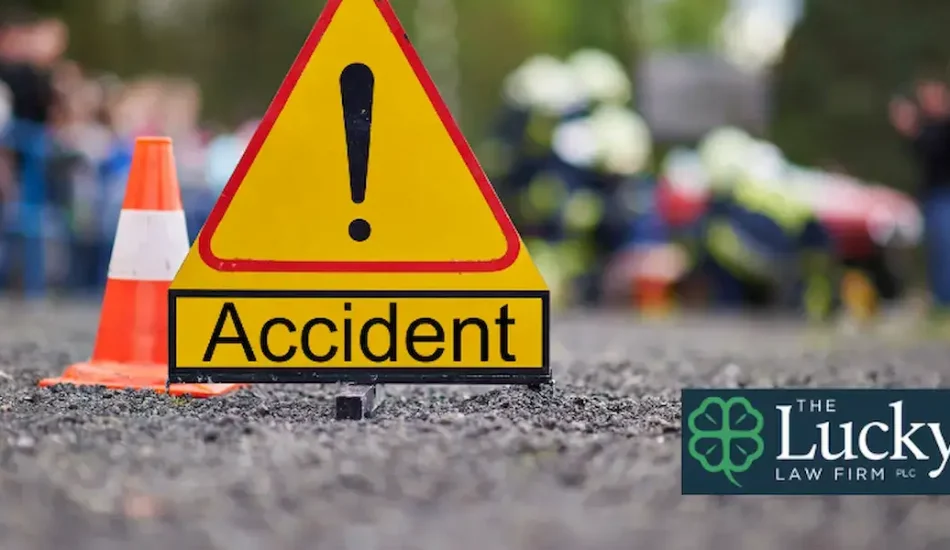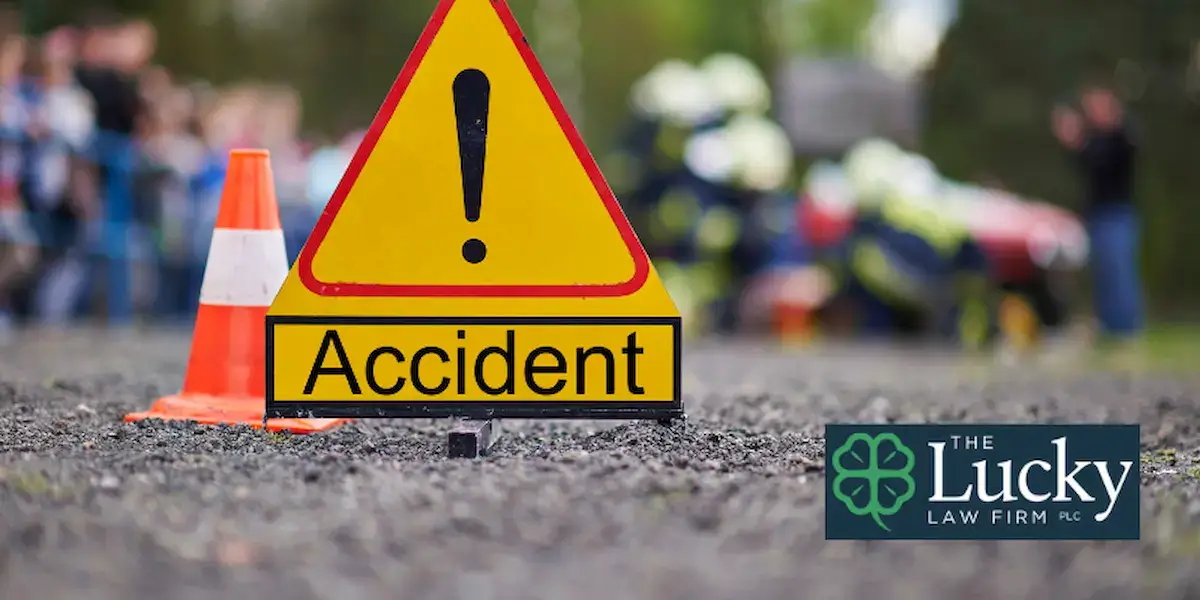Louisiana Car Accident Settlement Timeline and Process [2025 Updated]

The Louisiana car accident settlement timeline and process follow specific legal steps from filing a claim to reaching a resolution. The exact length of time it requires depends on various factors, including liability disputes, medical evaluations, and negotiations. A structured plan for a settlement can help claimants receive fair compensation without unnecessary delays.
The Immediate Aftermath
Louisiana requires drivers to report an accident when injuries or property damage reach a certain threshold. Failing to report can lead to fines and legal consequences. A police report provides an official record of the crash, which helps with insurance claims and legal disputes. Officers document details like road conditions and signs of negligence.
Delaying medical care after an accident can affect both health and the settlement process. Some injuries, like concussions or soft tissue damage, do not show symptoms immediately. A doctor’s evaluation creates a medical record that connects injuries to the crash. Without this documentation, an insurance company may argue that an injury was unrelated or pre-existing.
Filing a Claim and Investigation
Filing a claim starts the settlement process, but the way a claim is handled affects how long it takes to resolve. Louisiana follows a fault-based system, meaning the at-fault driver’s insurer is responsible for paying damages.
Insurance companies review evidence before deciding on a payout. A well-documented claim strengthens the chances of a fair settlement. If an insurer refuses to cooperate, legal action might be necessary.
Settlement Negotiations
Insurance companies employ various strategies to minimize payouts on legitimate injury claims, including things like:
- Lowball offers. Insurers make initial offers that are below the claim’s value, hoping claimants will accept quickly. An attorney can reject low offers and push for fair compensation backed by evidence.
- Delaying tactics. Insurance companies slow the process by requesting unnecessary documentation or failing to respond. A legal team can apply pressure and hold them accountable for stalling.
- Disputing medical costs. Adjusters challenge the necessity of treatments to reduce payouts. Testimony from medical professionals can prove the full extent of injuries and justify the costs.
- Shifting blame. Insurers sometimes argue that the claim caused or contributed to the crash. A legal team can counter false accusations with police reports, witness statements, and forensic evidence.
- Final offer deadlines. Companies set arbitrary deadlines to pressure claimants into accepting less. An attorney can determine whether waiting for a better offer or going to court is the preferred option.
Working with an experienced personal injury attorney can help level the playing field when dealing with insurance companies.
Filing a Legal Claim
If negotiations fail, filing a legal claim forces the other side to take the case seriously. There is a strict filing deadline, so waiting too long can result in losing the right to file a claim. This claim starts with a formal complaint outlining the claim and the compensation desired. The defendant must respond, and both sides exchange evidence during the discovery phase.
Litigation adds time to the process, but it can result in a higher payout. Many cases are settled before reaching trial because insurance companies prefer to avoid court costs. If the case proceeds, a judge or jury decides the compensation.
Before a case reaches trial, both sides have the opportunity to settle through mediation and negotiations. Courts often encourage mediation as a way to resolve disputes without the time and expense of a full trial.
How an Attorney Can Help
Defense attorneys and insurance companies may still attempt to limit payouts, even at this stage. They might offer a final settlement lower than what a jury could award. A skilled attorney assesses whether the offer is fair, considering medical costs and long-term financial impact. If negotiations do not lead to a reasonable settlement, the case proceeds to trial.
Trials require thorough preparation. Attorneys gather evidence to establish financial losses, but insurance companies often bring their own talent to challenge claims as well. While trials take time, they can result in higher payouts than settlements, especially if the jury sees clear evidence of negligence.
FAQs About Car Accident Law in Louisiana
Q: How Long Does It Take to Settle a Car Accident Claim in Louisiana?
A: How long it takes to settle a car accident claim in Louisiana depends on who is responsible. A settlement can take longer when liability is unclear or when multiple parties are involved. Insurance companies may dispute who caused the crash, leading to extended investigations and negotiations. Medical treatment can also slow the process. If an injury takes time to diagnose or requires ongoing care, a claim cannot be valued until long-term needs are determined.
Q: What If the Insurance Company Denies My Car Accident Claim?
A: If the insurance company denies my car accident claim, it makes the process more difficult. Insurers reject claims when they dispute fault, question injuries, or argue that policy limits do not cover the damages. A denial letter usually states the reason, though the explanation may be vague or misleading. You have the right to appeal, but it has to be supported by evidence. If this does not work, a legal claim might be necessary.
Q: Do I Have to Accept the First Car Accident Settlement Offer?
A: You do not have to accept the first car accident settlement offer. An insurance company’s first offer is often lower than the claim’s true value. Insurers aim to close cases quickly and for the least amount possible. The initial offer may not cover all medical costs, lost wages, or pain and suffering. Accepting too soon can leave you without enough compensation to cover ongoing expenses.
Q: How Do Medical Bills Get Paid Before a Car Accident Settlement Is Finalized?
A: Medical bills get paid before a car accident settlement is finalized through either health insurance, auto insurance, or a medical lien. In some cases, health insurance covers initial costs, with the insurer seeking reimbursement from the settlement letter. Some healthcare providers agree to delay payment until a case is resolved. This arrangement allows treatment to continue while waiting for compensation.
Find a Fair Resolution
Learning about the car accident settlement process makes a difference in your case, but having the right legal support can help you be treated fairly by insurance companies and opposing parties. Schedule a consultation with The Lucky Law Firm to get answers about the next steps in your car accident settlement.




